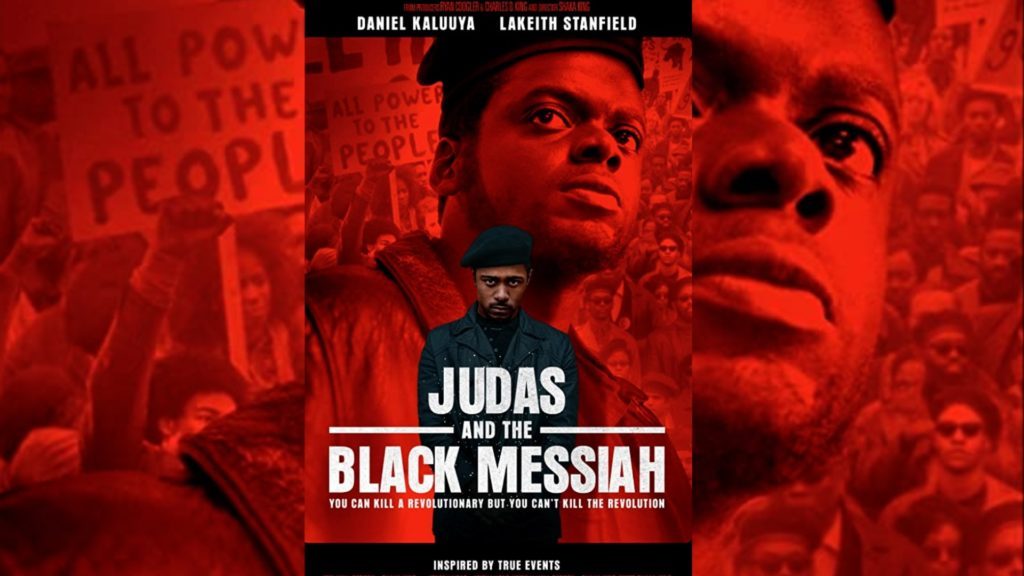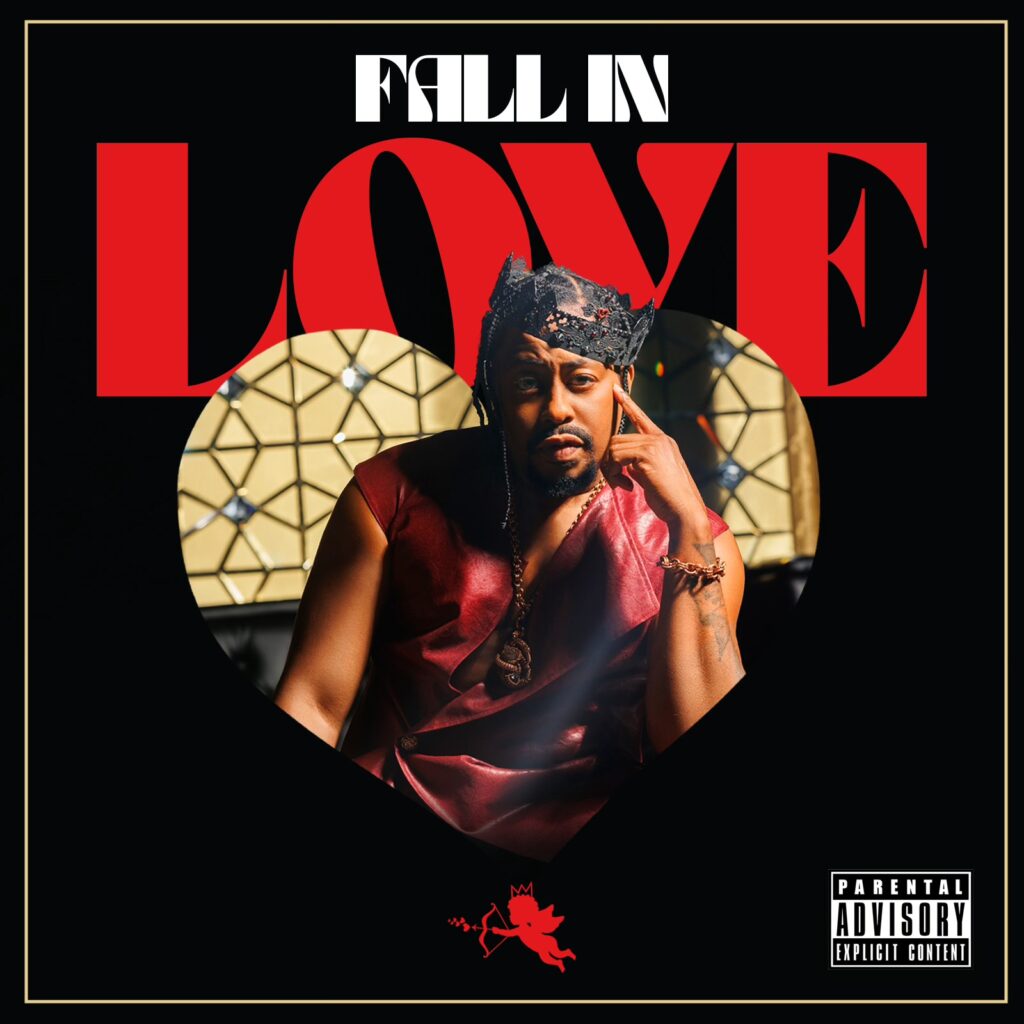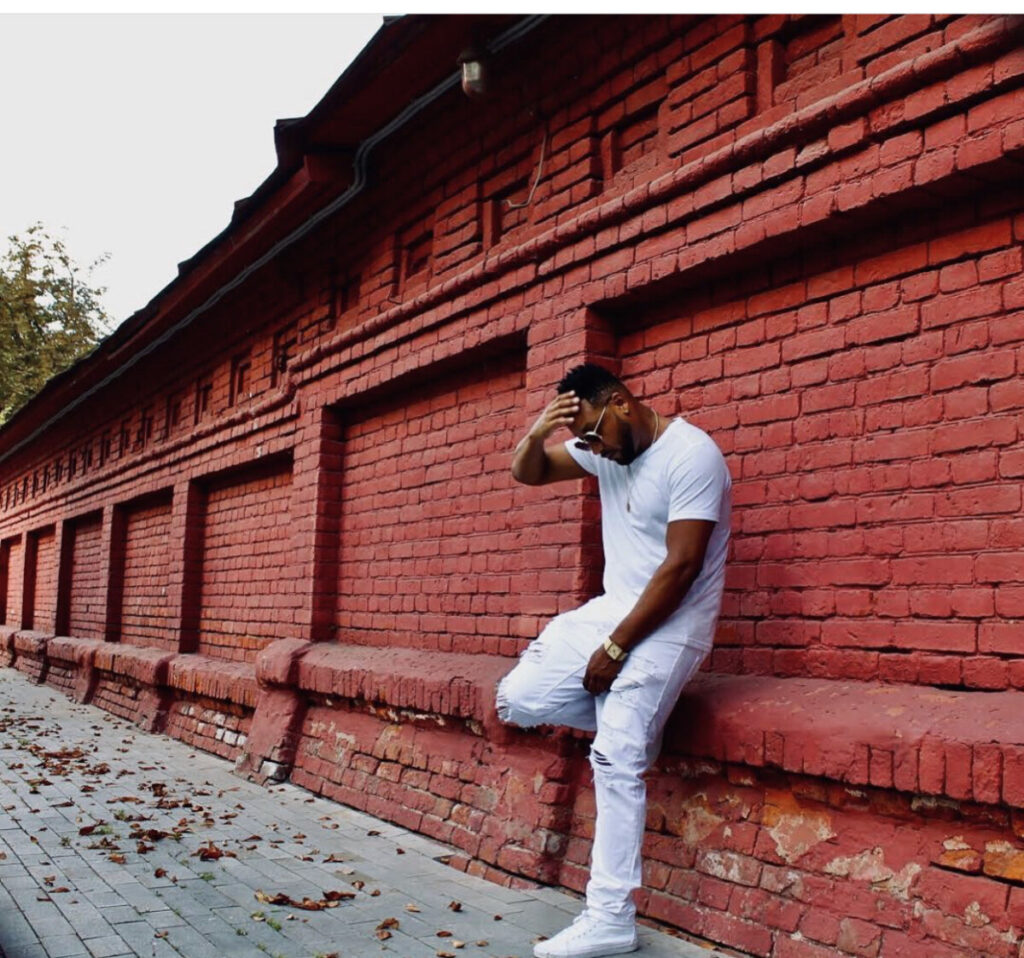This Black History Month has proved itself to be even more important and impactful than any other time before. We’ve all witnessed the heartbreaking images of police brutality and the protest that followed, and the sad reality is that while history continues to repeat itself, room for change seems so far away.
This weekend while love swirls in the air, the story of Fred Hampton will come to life on the big screen and give so many a much-needed history lesson, in the new film, “Judas and the Black Messiah”. The film tells the story of the Chicago civil rights leader, who led a community of people and fought against social injustice. Hampton was shot and killed in his bed by Chicago police in a raid back in 1969. Coincidentally, he was set up by one of his own, William O’Neal—a car thief that the FBI used to infiltrate the Black Panthers’ party as an informant. It’s one of the lesser-known stories told of America’s history, but an extremely poignant tale that is long overdue in being brought to life.
Hampton, born in 1948, lived a life of advocacy, staging walkouts in high school protesting against racism and pushing for the hiring of more black teachers and administrators. He joined the Black Panther party in 1968, and in that year, he became known for being such a passionate orator, a voice for and of the people.
31-year-old Daniel Kaluuya tells USA Today that taking on the role of Hampton was “heavy”, and the film in its entirety is an equally tough pill to swallow. It’s the story of a Black man working to uplift, educate, and better his community, but is targeted and silenced by the government and law enforcement, preventing the rise of a political movement and stopping what may have led to the evolutionary change. The film showcases just how big of a threat Hampton was, both as a leader within the Black Panther party, but beyond just that alone. It was his way with words that made Hampton comparable to the likes of our most prophetic rappers, but also placed a target on his back. He gained such a following and like most men of his caliber, his life was tragically cut short due to the power he possessed.
That reoccurring theme, that power within Black men and women is often viewed as a negative, leads as an important factor throughout the movie, showing that we’re stronger when banded together and that type of unity is what evokes fear into White people, both back during that time and still today. History teaches us that Black people should not have an opinion or go against the teachings of White men, who have historically been deemed as superior. It teaches us that when our Black leaders go against them and challenge their thoughts and views, we are silenced, whether that be through incarceration or by death. We are punished for simply having a voice and asking to be treated fair and equally.
Another interesting detail was the way the FBI used O’Neal, played by LaKeith Stanfield, to help tear down and bring an end to Hampton. In his only interview, O’Neal discusses how he tried to find dirt on Hampton, like illegal drug use, but there was nothing; Hampton was clean. He recalls feeling bad about providing the FBI with information, as well as a floorplan of Hampton’s apartment, which led to his death. Interestingly enough, Shaka King, the film’s director, uses O’Neal’s story as the leading narrator and when you go back and look at that original interview, it’s evident the emotional toll that he continued to carry, that weight of being tasked with killing a man who over time he got to learn from, and even came to believe in even as he set him up. O’Neal’s story is no different than a lot of Black people’s; it’s the fight for freedom, at any cost. O’Neal reportedly died by suicide in 1990, after living a life in witness protection.
On a lighter note, it was beautiful to watch a movie comprised of extraordinary Black actors, directed and produced by Black men. Seeing how Shaka King and Ryan Coogler executed this, using Daniel Kaluuya and LaKeith Stanfield to bring this story to life, was remarkable and brilliant. They took such a tragic story and cleverly brought it to life, using old images that show a stark resemblance to our society today, but tying in a message of resilience.
In the 50 years since Hampton’s killing, we’re still watching Black people fight against systemic racism, demand equality and the end to racial injustice. In honor of Black History Month, it’s great to watch our “unsung heroes” stories be told, especially with the lack of education provided in school on men like Fred Hampton. Its these moments in history that give us the blueprint and have laid the foundation of how we as a people should move, and how our strength and power is more of an asset than it is a weakness.
“Judas and the Black Messiah” is in theaters and streaming on HBO Max today. Also, be sure to check out the films inspired soundtrack; executive produced by Hit-Boy, and featuring tracks by H.E.R., Chicago natives Lil Durk, G Herbo, and the highly anticipated collab record with the late Nipsey Hussle and Jay-Z.
Follow Us On Social Media!




